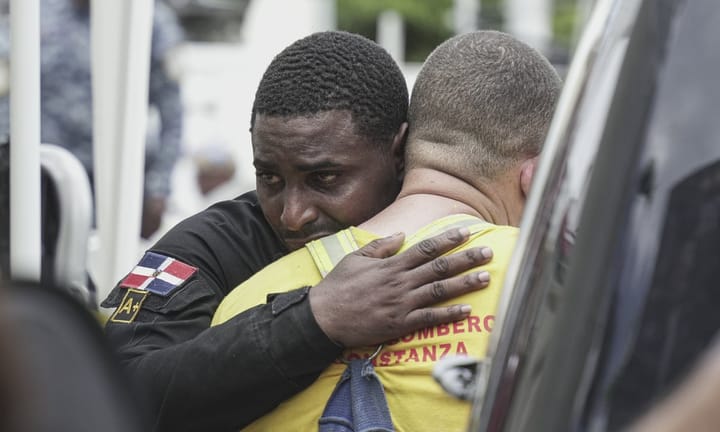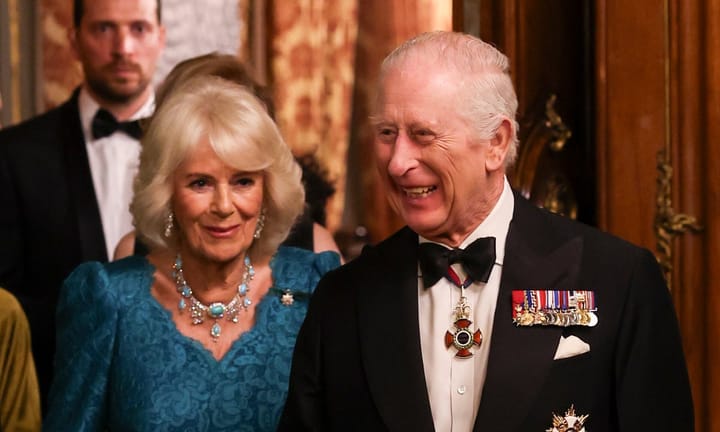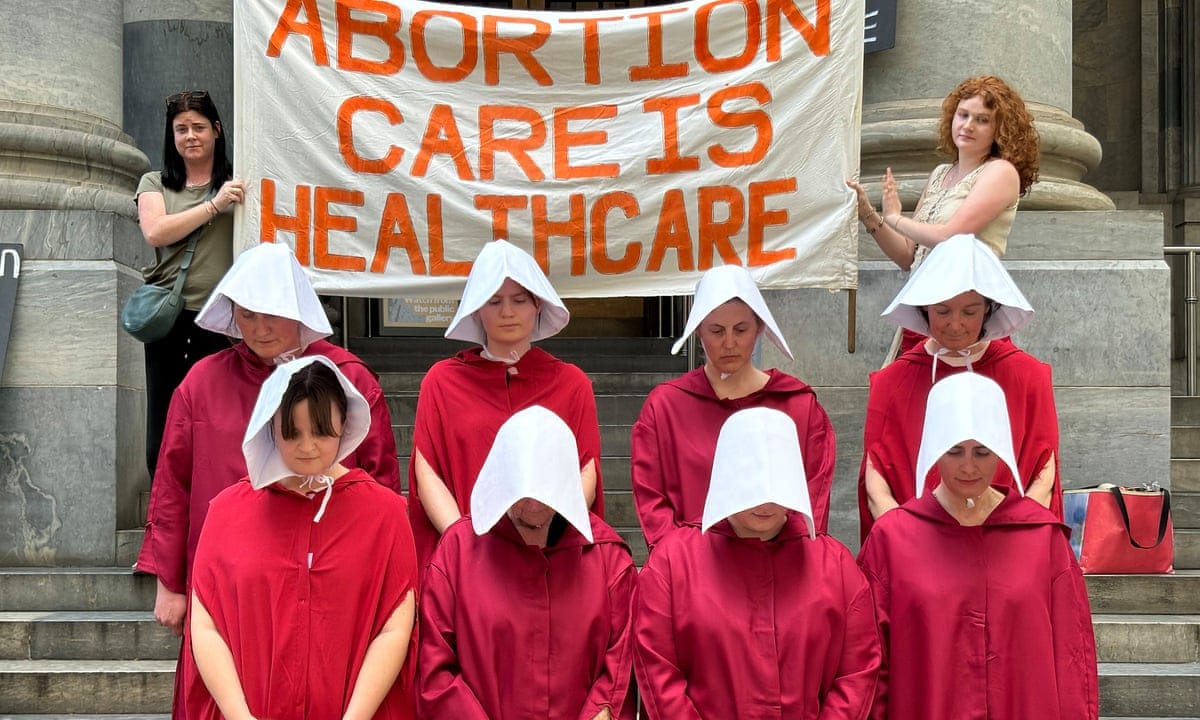The drafted document discusses abortion laws and public discourse surrounding them in Australia during a time of heightened political attention ahead of the Queensland election, wherein Labor accused their opponents (LNP) of secret plans to curtail abortion rights – an accusation not dismissed by LNP.
The narrative introduces various personal experiences related with late-term terminations due to reasons such as foetal abnormalities and psychological trauma like rape or incest, highlighting the complexity involved in these decisions rather than simplifying them into black and white choices. A specific case of Tiffany who faced her second baby's spina bifida diagnosis is shared where she had to decide on a termination based not only upon medical advice but also considering emotional stress it would cause the child if allowed to live with severe disability - demonstrating how these are multidimensional decisions requiring deep introspection and understanding of each unique situation.
Another woman, Jacquie*, faced her own challenges when an amniocentesis revealed that their unborn baby had Down syndrome – a revelation which required quick decision-making within 24 hours considering the impact on both mother's existing children and family dynamics at large - again demonstrating how such decisions are not easy but rather profound, complex choices.
These experiences underline that these cases necessitate supportive medical institutions to offer emotional guidance alongside clinical advice – something Tiffany felt was lacking during her own experience with the system and suggests this as a general need for all women facing such difficult decisions.
Lastly, it is important not only in terms of respect towards individual choices but also society's understanding that everyone has their belief systems which they adhere to – implying people must be open-minded rather than judgemental while discussing these delicate issues with those directly involved or affected. It emphasizes the need for empathy and discretion in such deeply personal matters, as well as acknowledging that everyone's perspective may not fully comprehend someone else’s situation due to its highly subjective nature – thus further highlighted by Jacob Mangelsdorf who describes it an "incredibly complex grief".
The document concludes with information about available support lines across the country, ensuring people dealing with loss associated with pregnancy termination can seek help. This not only signifies a societal understanding of these situations but also indicates how public discourse is shifting towards an open discussion rather than stigmatizing it - thus shedding light on Australia's growing consciousness about women’s reproductive rights and related issues in the lead up to its elections, as well as nationally.
This drafted document has been modified from a potential source by removing specific references such that full names were not used for privacy reasons of those interviewed - although their experiences are central pillars supporting arguments presented about abortion complexities and societal responses around them in Australia at this time frame, specifically during the Queensland election. The original text also mentioned an extensive report – a detail which has been omitted as it doesn’t directly contribute to understanding these issues within context of Australian society - instead focusing on personal narratives that highlight its complexity. It further maintains neutrality by acknowledging different belief systems and avoiding direct criticism towards them, rather fostering empathy for those making such life-altering decisions amidst various pressures they may be experiencing – a critical aspect of public discourse surrounding sensitive issues like this one in society at large.
The revised version retains the core narrative while focusing more on understanding and sympathizing with individuals' unique experiences, rather than implying judgement or attempting to present an overly simplified argument - thus reflecting a socially conscious standpoint towards abortion decisions within Australia – whereby it not only signifies women’s reproductive rights but also addresses emotional aspects related. It underlines the need for compassion and support in such deeply personal matters, emphasizing on how public discourse is developing to be more understanding rather than judgmental about these issues - a significant aspect of societal response towards sensitive topics like this one at large – within contextual frame of Australian society during Queensland election time.
This revised draft underscores the fact that abortion decisions, especially those involving late-term terminations due to medical reasons or traumatic experiences such as rape/incest and severe foetal abnormalities are not easy choices but rather profoundly complex ones – where individual emotions intertwined with societal pressures create a multidimensional dilemma. It also highlights the importance of supportive medical institutions in providing guidance beyond clinical advice, which is often lacking and thus suggests there's scope for systemic improvement within Australia’s healthcare framework - alluded to by Tiffany who felt her experience was not fully supported during a time when she needed it most.
The document further underlines the need of society as well – particularly its political sphere ahead of an election where reproductive rights is being used for rhetoric and manipulation, highlighting that understanding such issues should be encouraged rather than criticized or judged - thus providing a more empathetic standpoint in public discourse. The importance of national helplines are also emphasised as resources which can offer help to those dealing with loss associated with pregnancy termination – showcasing Australia's increasingly conscious and open approach towards these complex issues, within the lead up its elections - a significant aspect for understanding societal response around abortion decisions.
In all essence, this revised draft maintains core narrative of original text while focusing more on comprehending individuals’ unique experiences rather than implying judgement or simplifying it into black and white choices – reflecting an empathetic standpoint within societal discourse around abortion in Australia - specifically during Queensland election timeframe. It also highlighted the importance for medical institutions to offer guidance beyond clinical advice, fostering understanding towards these deeply personal decisions amidst various pressures individuals may be experiencing as they navigate through them – a critical aspect of public consciousness and societal response surrounding sensitive issues like this one at large within contextual frame.
Read next

Dominican Republic halts rescue efforts following devastating ceiling failure at nightclub incident
Rescue teams in the Dominican Republic on Wednesday concluded their search for survivors following a catastrophic nightclub roof collapse—this marks one of its most tragic disasters over recent years, with confirmed death toll rising beyond 180 individuals within this Caribbean nation.
Authorities announced an additional count of 60 fatalities

Angelica Huston Discloses Past Cancer Diagnosis; Now Fully Recuperated and Clear of Disease
Anjelica Huston disclosed her cancer diagnosis six years ago after the release of her 2019 film John Wick: Chapter 3 – Parabellum. The actress prefers not to divulge specific details about the type of cancer she faced but expressed pride in overcoming this serious health challenge, which required significant changes to

Royal Visit: King Charles and Queen Camilla Surprise Papal Counterpart at Recovery
The British monarch Charles and his consort Camilla paid an unexpected visit to Pope Francis during their four-day official trip across Italy.
They met with the pontiff at his residence within Casa Santa Marta inside Vatican City where he recovers from a severe lung infection caused by pneumonia, which had

